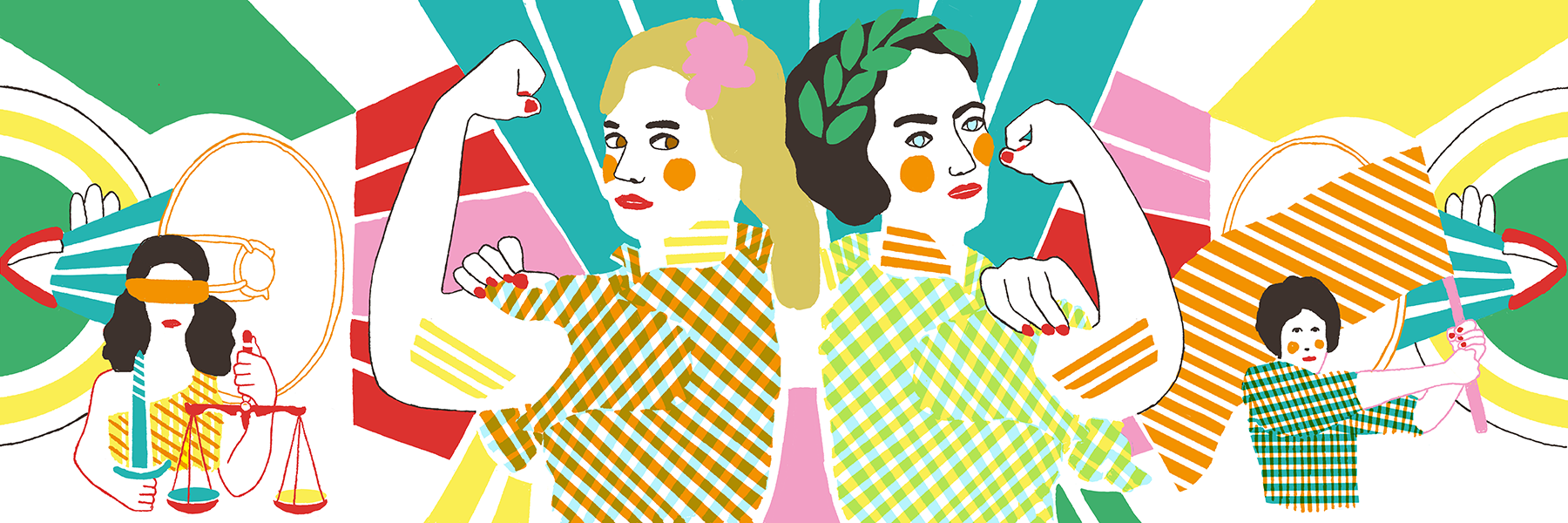
The long road to women’s suffrage in Switzerland
The first countries to grant women the vote did so at the end of the 19th century and universal suffrage has been a human right since 1948. Yet Swiss men continued to deny women their participatory rights until 1971. Why did it take so long?
The last Swiss women to get their political rights had to wait until 1990. It was then that the canton of Appenzell Inner Rhodes – where votes are still held in open-air assemblies – were forced by federal authorities to toe the legal line and allow women cast their votes at the regional level.
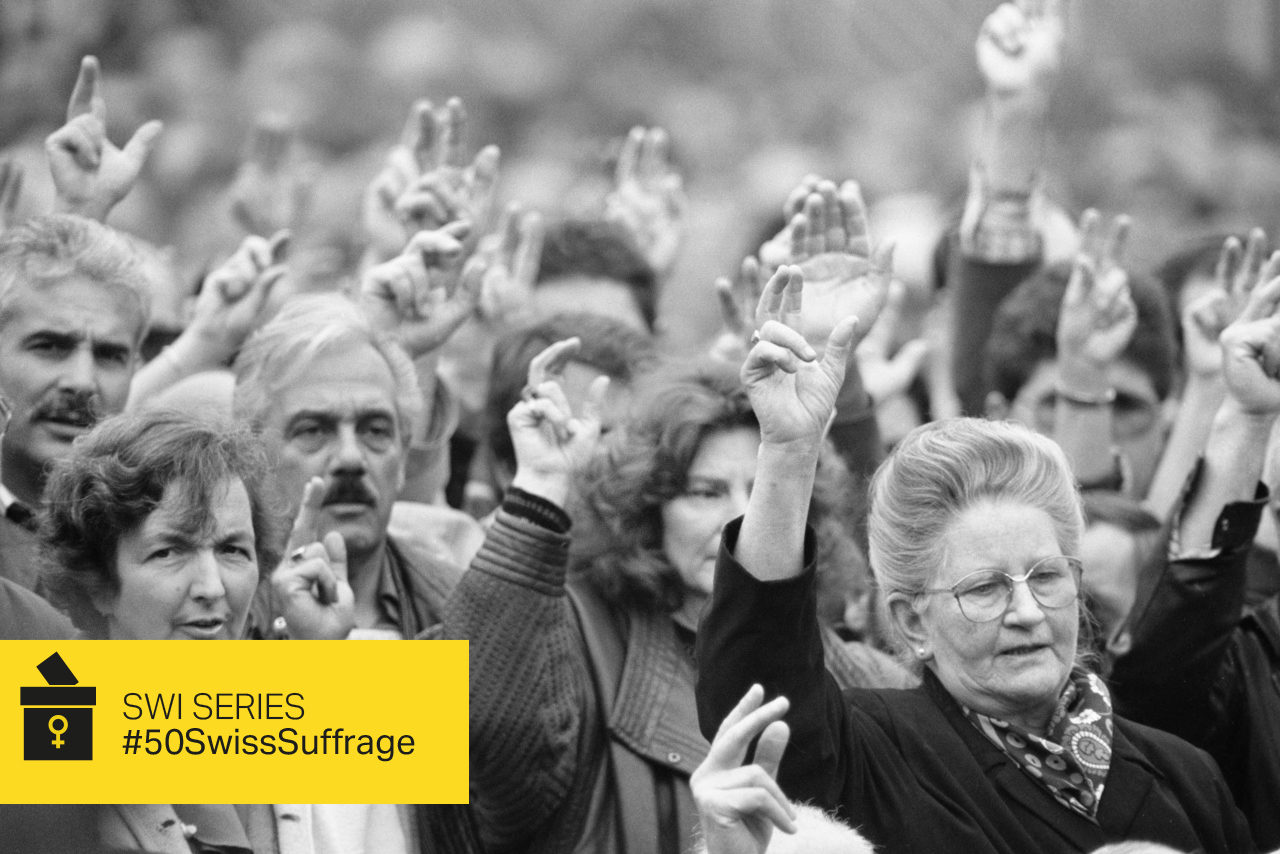
More
Appenzell Inner Rhodes: the last Swiss canton to give women the vote
At the national level, Appenzeller women had already been voting for two decades, after the 1971 decision by Swiss men to give their female counterparts the vote. But by international comparison, even this privilege had come extremely late.
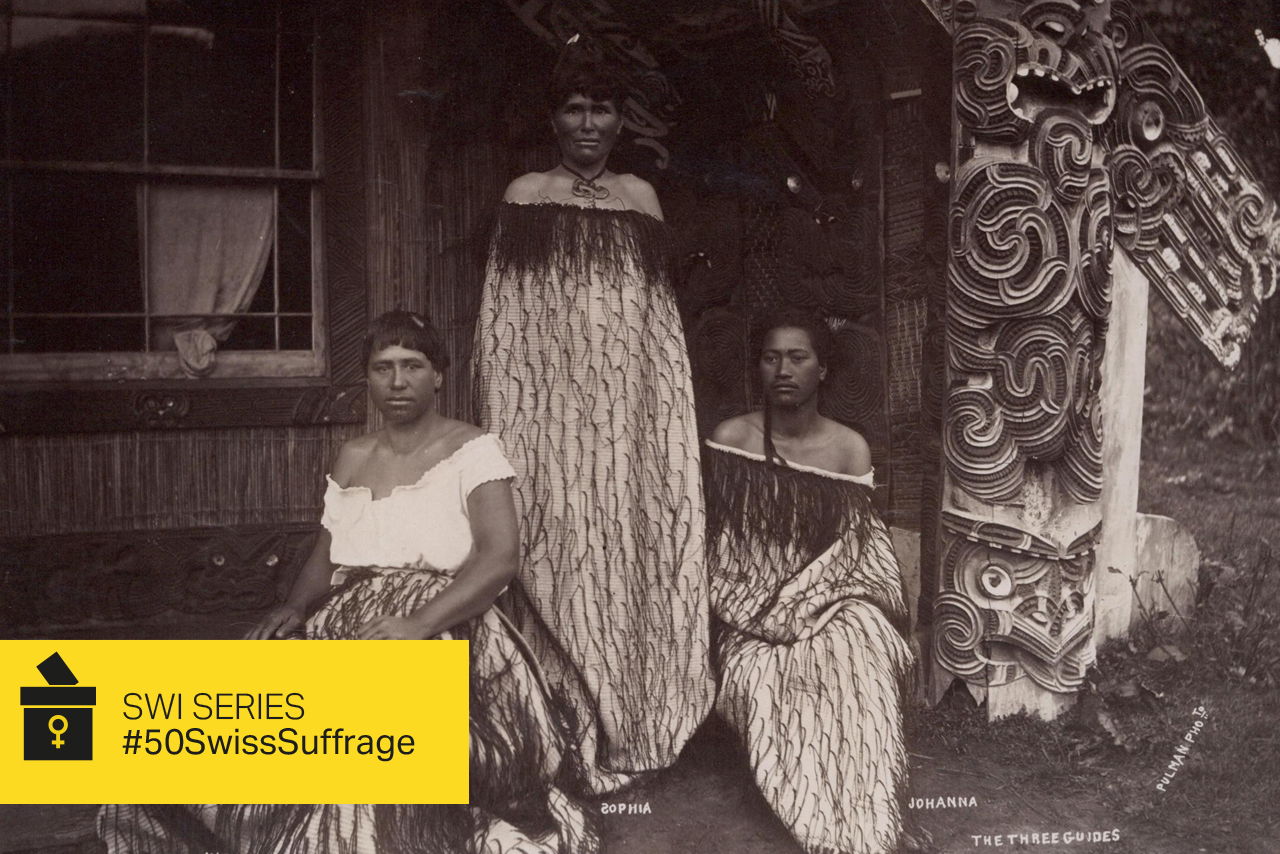
More
How the global battle for female suffrage influenced Switzerland
Why did it take so long?
One factor was the widely-held belief that women were simply born for a non-political life: opponents of universal suffrage carried posters showing neglected children falling from their cots, insect-infested soothers, and barren, nagging young women. The fear was that if they entered politics, women would forget about their domestic and natural roles.
Swiss men were not completely alone in holding such a belief.
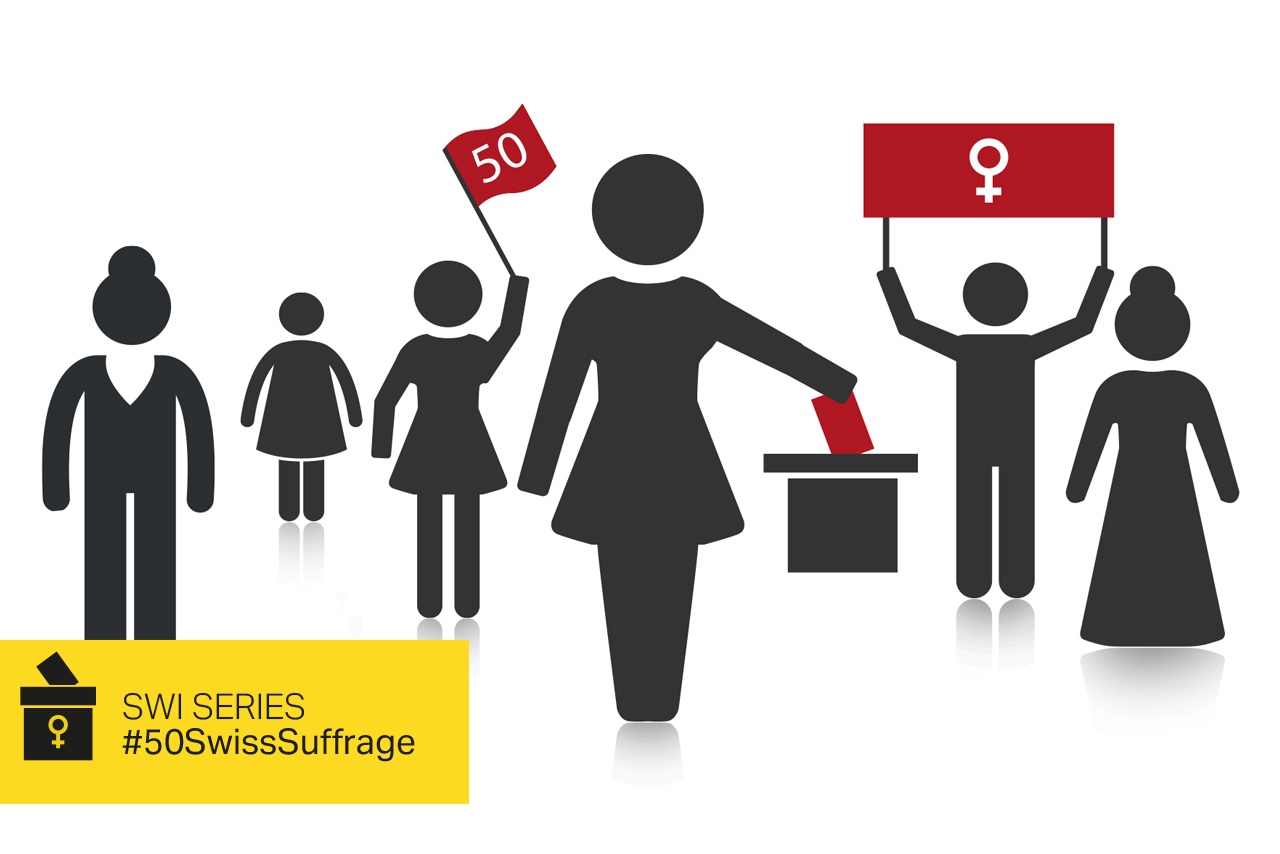
More
The introduction of women’s suffrage worldwide
Feminism in Switzerland did exist though. A Swiss women’s movement — Association International des Femmes — was created by Marie-Goegg Pouchoulin in 1868, in Geneva. Similarly, in 1886, on a lecture tour through the country, the writer Meta von Salis repeatedly denounced the unequal treatment of Swiss women. And in 1896 the first national women’s congress was held in Geneva; voting rights were one of their core demands.
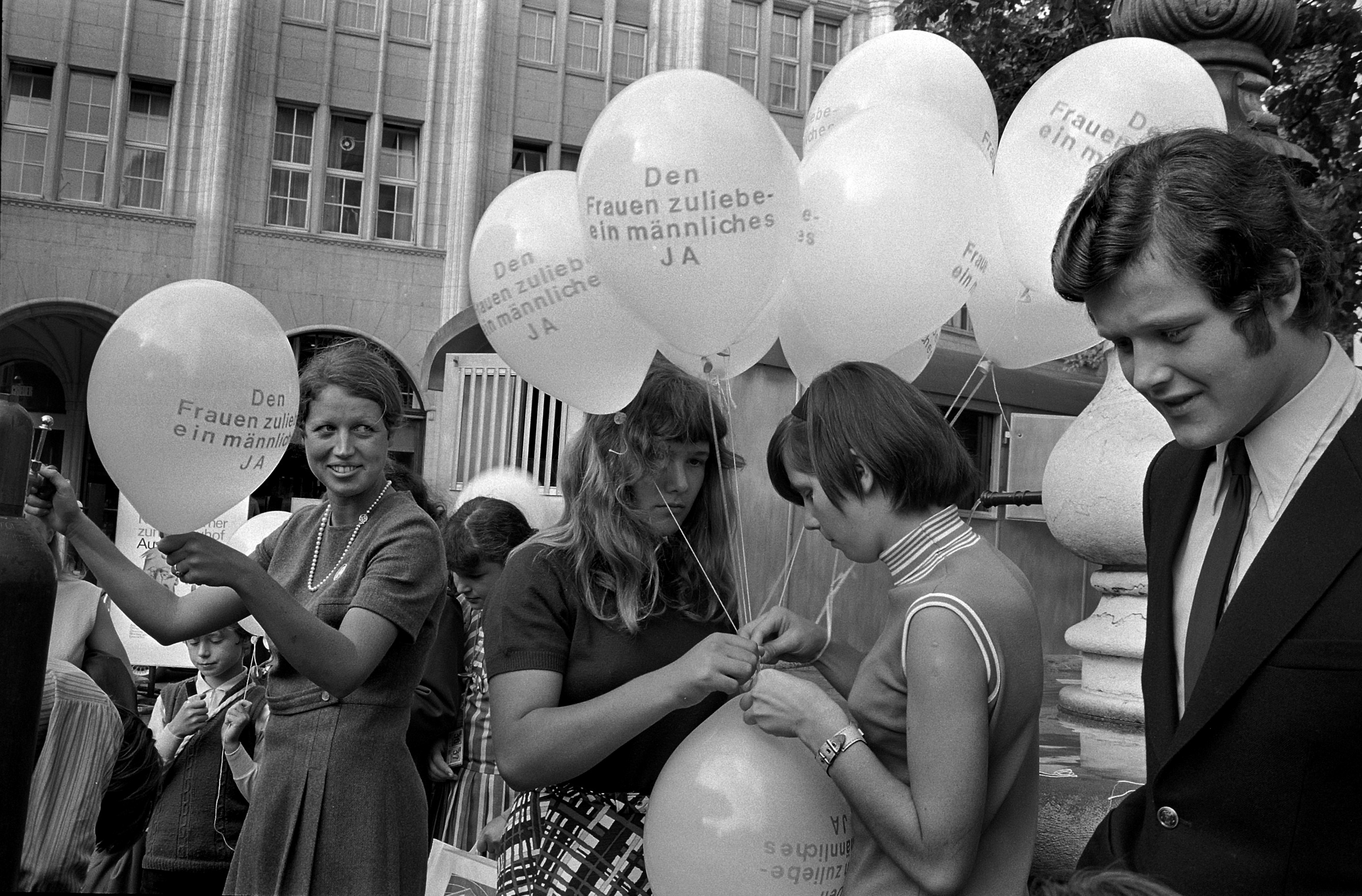
More
‘Without women’s suffrage, Switzerland is not a democracy’.
While the First World War was a driver of the women’s movement in other European countries – women demanded recognition for the work they had done while the men had fought – Swiss women were not likewise compensated. Efforts to push political equality at the cantonal level around this time also failed. The Second World War, which Switzerland again largely avoided, also did little to increase their prospects.
In 1957, when the government suggested that Swiss women should also carry out a form of obligatory military service, there was outrage. In one village, Unterbäch in canton Valais, a protest vote made international headlines when a Swiss woman put a voting slip into the ballot box for the first time; it was later judged to be invalid.
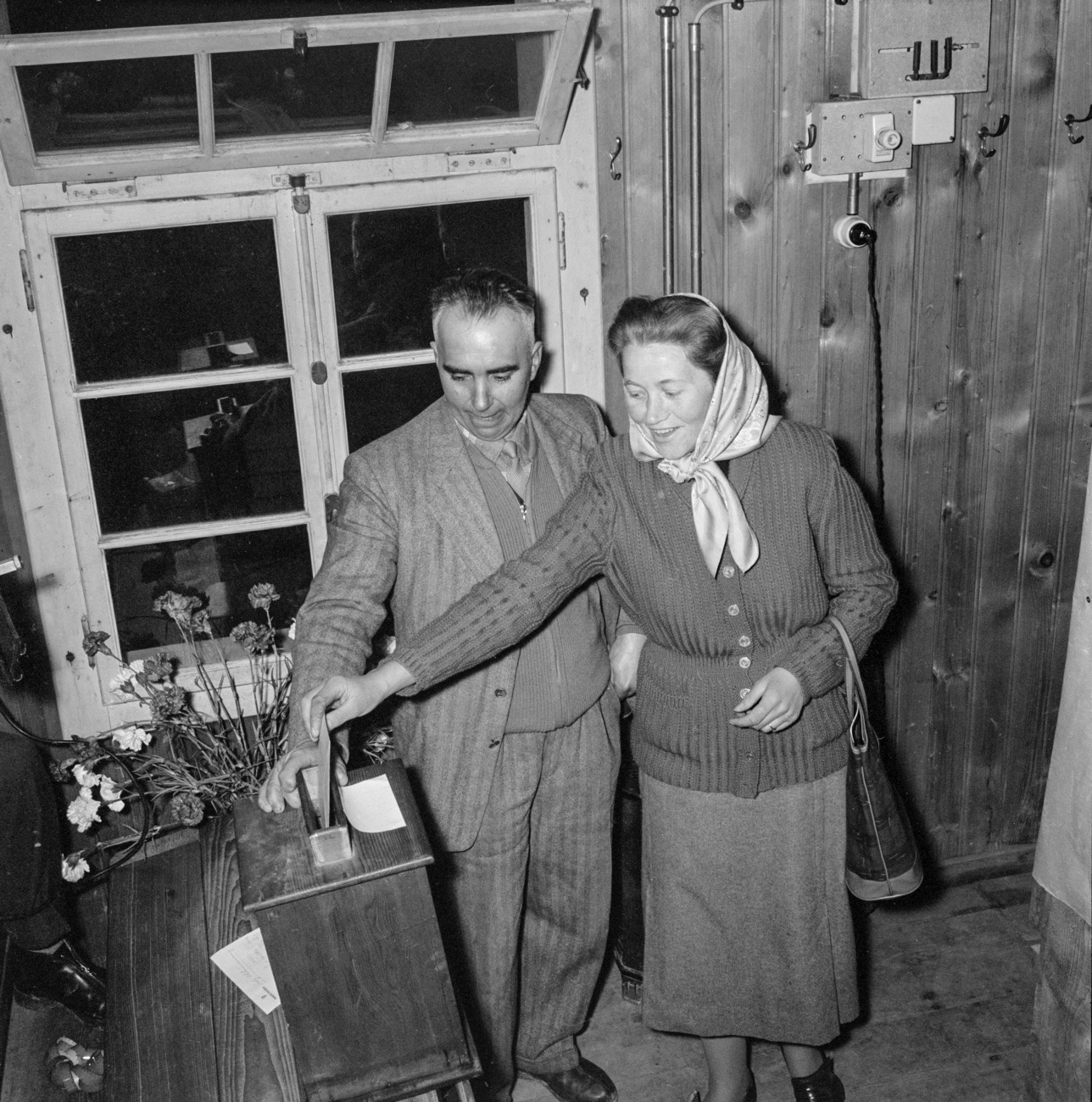
More
How the women of Unterbäch claimed the vote
The political system was also undoubtedly a factor in the slow progress. While in other countries women’s suffrage had been introduced by elected parliamentarians, the Swiss system of direct democracy meant that privileged sections of the population had to voluntarily extend these privileges to new groups – debates around who gets to be part of “the people” and vote continue to this day.
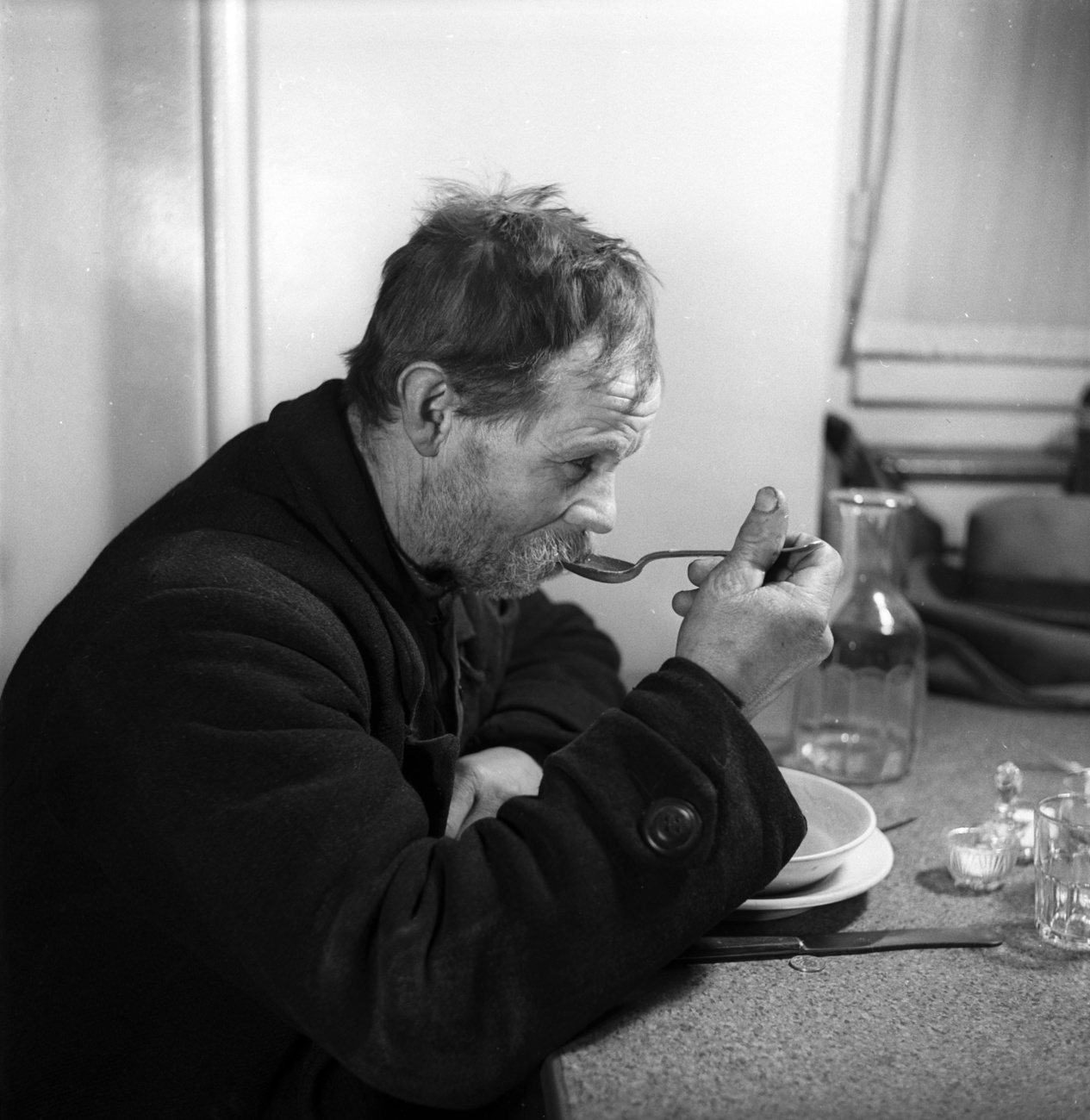
More
Switzerland’s exclusive democracy
Slowly, however, things began to move when individual towns began giving women the right to vote, then the cantons of Vaud, Neuchâtel and Geneva in 1959. In the 1960s a generation of activists emerged who were less inclined towards lobbying and more drawn to rebellion.
In Zurich, women’s associations marked each anniversary of earlier failed attempts to secure the vote by burning torches, while younger women staged sit-down strikes and blocked traffic. In 1969, Swiss women from all generations marched on the capital Bern, where they demanded their participatory rights.
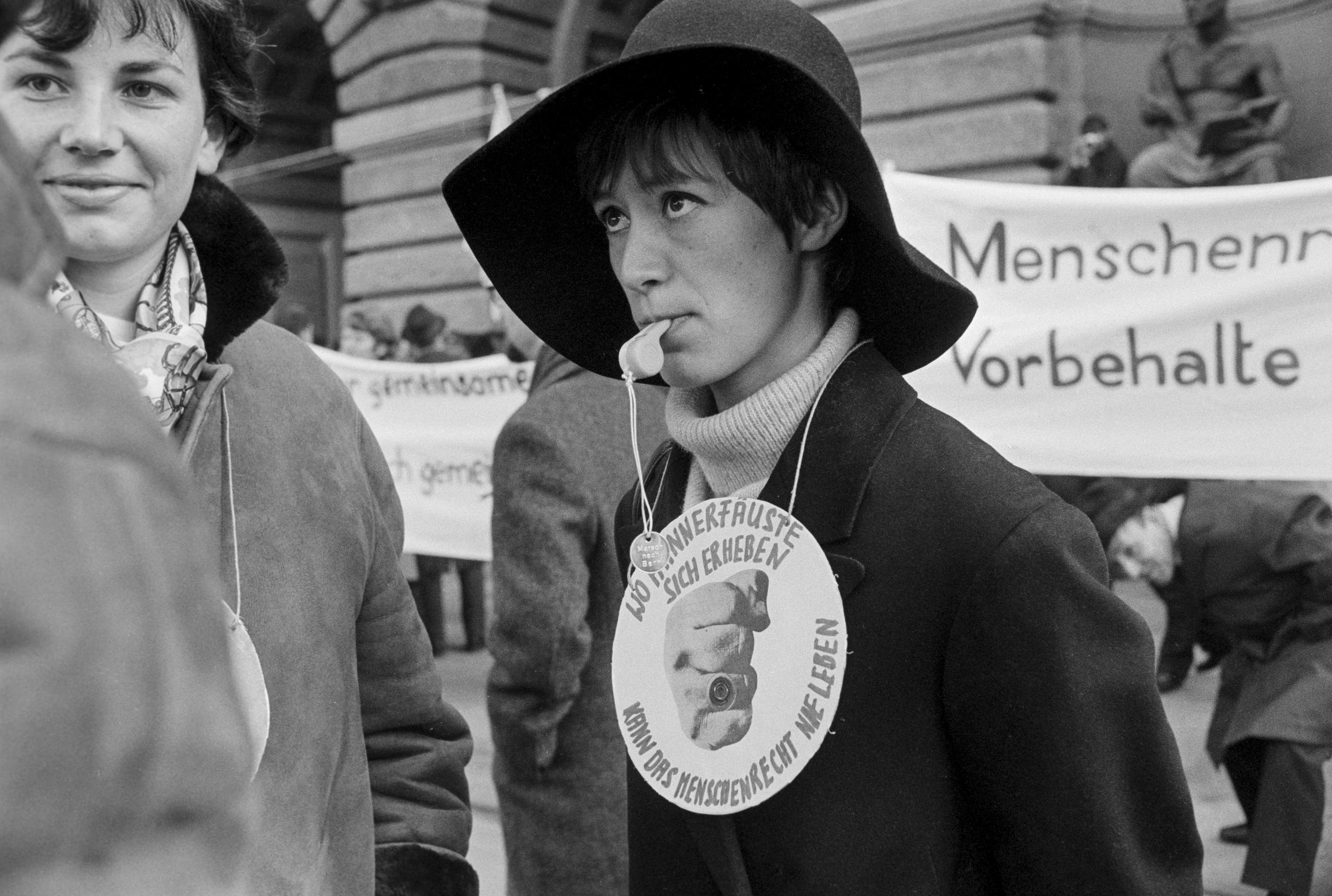
More
The march for women’s suffrage in Switzerland
The year before this, the government had signed the European Convention on Human Rights – but with a clause to exclude women’s political rights. As a result of the protests at home the government decided to hold another vote on the issue. This time round, in 1971, two-thirds of men approved universal suffrage.
Of course, that didn’t mean all of women’s problems were (or are) suddenly settled: before 1976, women could only take on paid work if first given permission by their husbands, and domestic violence was only criminalised in the 1990s. But the fundamental groundwork had been done: from now on, women would have a say on the improvement of their own conditions – by voting, and by being part of elected assemblies themselves.
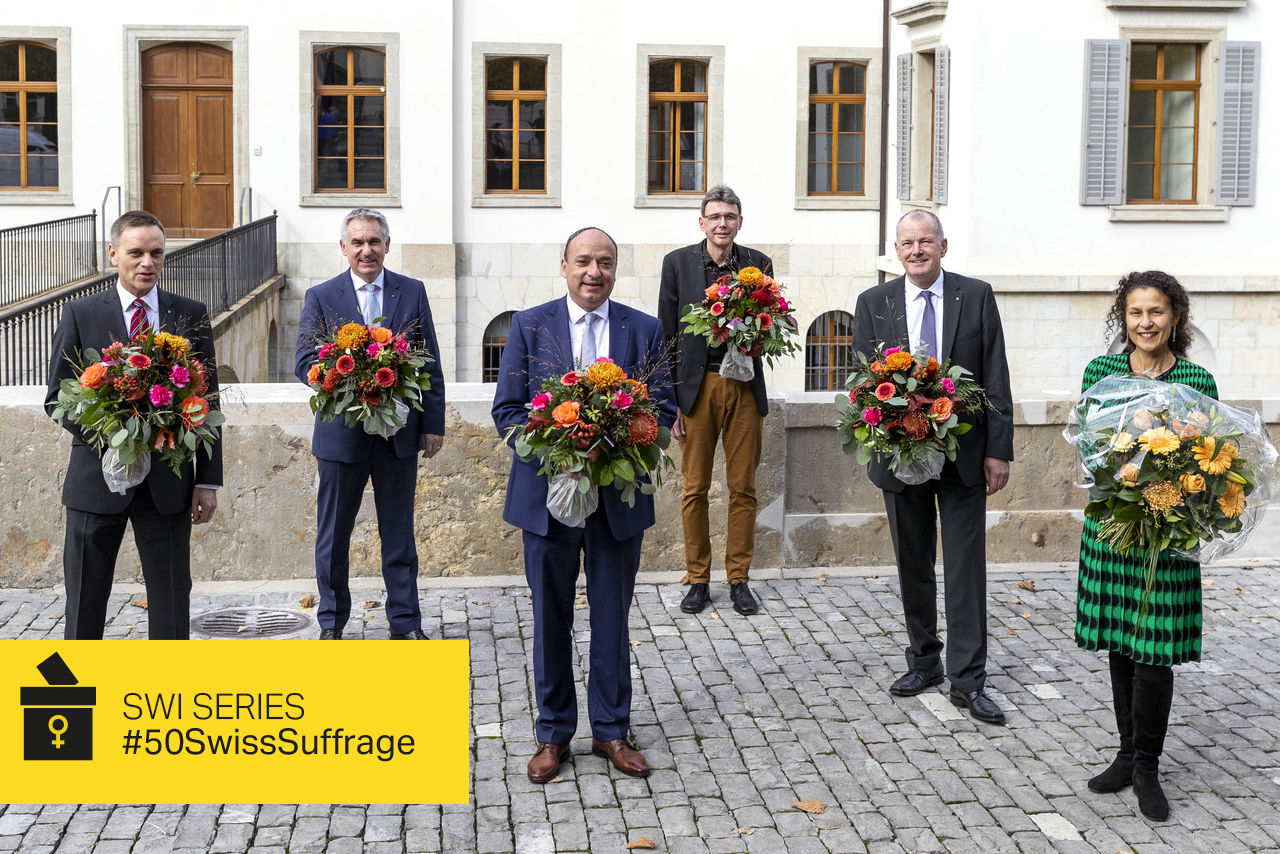
More
Women in Swiss politics: still a long way to go

In compliance with the JTI standards
More: SWI swissinfo.ch certified by the Journalism Trust Initiative